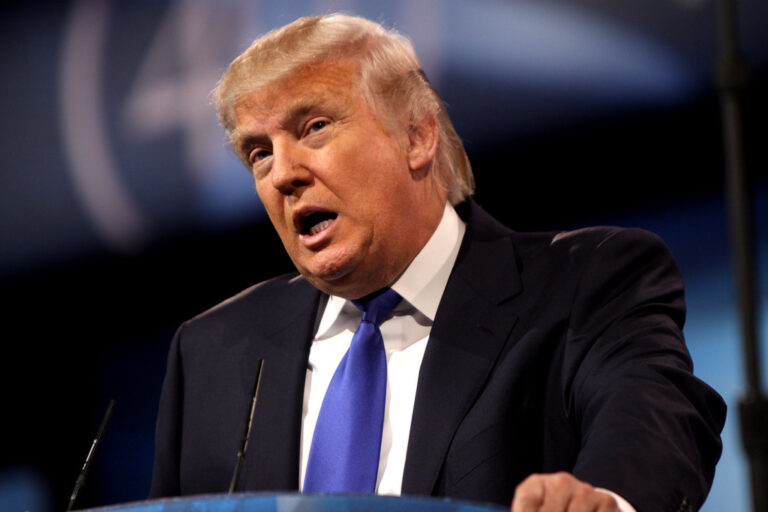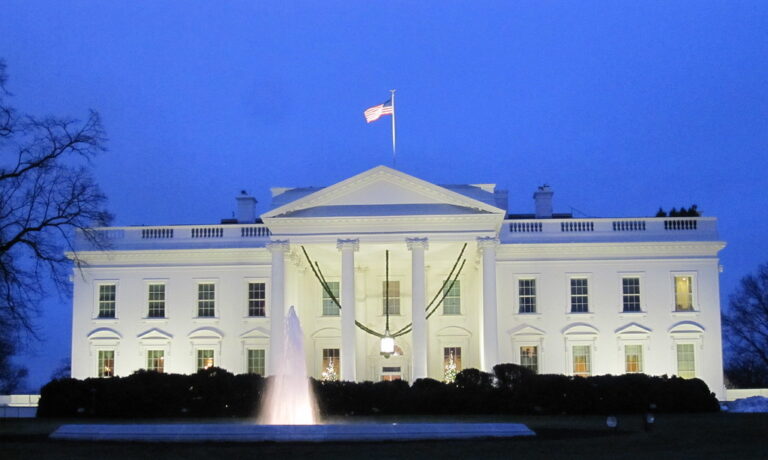Key Takeaways
- A watchdog group seeks an inspector general probe into Border Czar Tom Homan’s office.
- Reports reveal past business ties between Homan, his adviser, and DHS contractors.
- An undercover FBI sting allegedly paid Homan $50,000 in cash.
- Ethics experts warn conflicts may breach federal rules on impartial decisions.
- An IG report could clarify contract awards and financial disclosures.
Tom Homan Investigation Draws Call for IG Review
A nonprofit watchdog called the Campaign Legal Center wants an inspector general investigation into Tom Homan’s office. They point to possible ethics violations and conflicts of interest. This follows a detailed report by ProPublica and related news coverage. The group says senior adviser Mark Hall met with a contractor seeking DHS deals just after receiving a large consulting fee. Moreover, an MSNBC story claims Homan took $50,000 in cash from undercover FBI agents posing as would-be contractors. Together, these reports raise questions about the integrity of contract decisions under Homan’s watch.
Background on the Allegations
Tom Homan served as acting director at Immigration and Customs Enforcement under a past administration. Now he holds a senior role overseeing border policies. According to government disclosure forms, Homan once advised clients on DHS contracts through a private firm. Meanwhile, his adviser Mark Hall received $50,000 from a consultant, Charlie Sowell, weeks before joining Homan’s office. In August, Hall attended a meeting with Industrial Tent Systems, a company vying for immigrant detention center contracts. Sowell worked as a paid consultant for that firm. Together, these ties suggest a web of personal and business connections.
Why the Tom Homan Investigation Matters
When senior officials influence deals that benefit past clients or employers, public trust erodes. Consequently, the Campaign Legal Center argues for an independent probe to ensure fairness. Federal ethics laws bar officials from taking part in discussions that could help former partners. If Homan or Hall violated these rules, it could undermine the integrity of government contracting. Furthermore, recent budget increases for immigration detention drew intense industry interest. With $45 billion allocated to expand detention space, the stakes are high.
Key Points of the Inspector General Request
First, the watchdog wants to know if Hall’s meeting with Industrial Tent Systems violated ethics laws. Second, they ask whether Homan recused himself from all contract matters as claimed. Third, they seek an investigation into whether Homan failed to report the alleged $50,000 payment. The complaint notes that if Homan did take cash from undercover agents, he should have listed it in his financial disclosures. Finally, the group asks the inspector general to review internal emails and communications. Such documents could show whether decisions unfairly favored former associates.
White House Response and Ongoing Denials
The White House dismissed calls for an inquiry, saying Homan acts with “utmost integrity.” A spokesperson insisted that Homan does not actually award government contracts. They also said Hall never represented Homan in any private capacity. Moreover, they noted that past FBI and Justice Department reviews found no credible evidence of criminal wrongdoing. Even so, the watchdog argues those reviews did not cover potential civil or ethics violations.
How the Tom Homan Investigation Could Unfold
If the inspector general accepts the request, the office will start by reviewing submissions from the Campaign Legal Center. Investigators may interview Homan, Hall, Sowell, and other key players. They will likely examine financial records and disclosure forms. They may also inspect meeting notes, emails, and calendars. If evidence shows ethics rules were breached, the IG can issue a public report with recommendations. Those could include policy changes, sanctions, or referrals to other agencies for action.
Potential Outcomes and Impacts
An IG report confirming conflicts could force Homan or Hall to step aside from contracting matters. It might also prompt DHS to tighten rules on recusal and disclosure. Alternatively, the probe could clear them of wrongdoing, restoring confidence in the process. Regardless, the inquiry’s findings will matter for how future border contracts are handled. They will shape public perception of transparency and accountability in immigration policy.
Next Steps in the Tom Homan Investigation
At this point, the IG office must decide whether to open a full investigation. Meanwhile, Congress and the public will watch closely. Journalism outlets may follow up with new document requests. Advocates on both sides will weigh in with statements and letters. If the probe proceeds, it could last several months. In the end, its conclusions will guide future ethics oversight for federal officials.
How Conflict Rules Apply to the Case
Federal ethics laws require recusal when official duties affect former clients. They also mandate accurate financial disclosures. Officials cannot participate in matters where they or their close associates stand to gain. In this case, Homan’s prior consulting work with Sowell’s firm raises questions. Hall’s consulting fee from Sowell shortly before joining the office also raises red flags. The watchdog group argues these ties should have triggered formal recusal or disclosure.
Looking Ahead: Why Transparency Matters
Transparency helps ensure government decisions serve the public interest, not private business ties. Therefore, watchdogs urge clear rules and strict enforcement. If top officials follow conflict rules, it builds trust in policies that affect millions. On the other hand, perceived favoritism can damage agency credibility. That is why many call for an IG review of Homan’s office and related contracts.
Frequently Asked Questions
What is the main issue in the probe request?
The key issue is potential conflicts of interest involving Tom Homan and his adviser. The watchdog group says past ties to contractors may have influenced government deals.
Who asked for the IG investigation?
The Campaign Legal Center, a nonprofit nonpartisan watchdog, submitted a letter to the DHS inspector general asking for a probe.
What could the inspector general uncover?
An IG probe could reveal whether Homan or his adviser broke ethics rules. It may examine financial disclosures, meeting records, and communications.
How might the probe affect border policy?
If the investigation finds violations, it could lead to policy changes, sanctions, or tighter oversight of contract awards. This could reshape how immigration detention contracts are handled.










